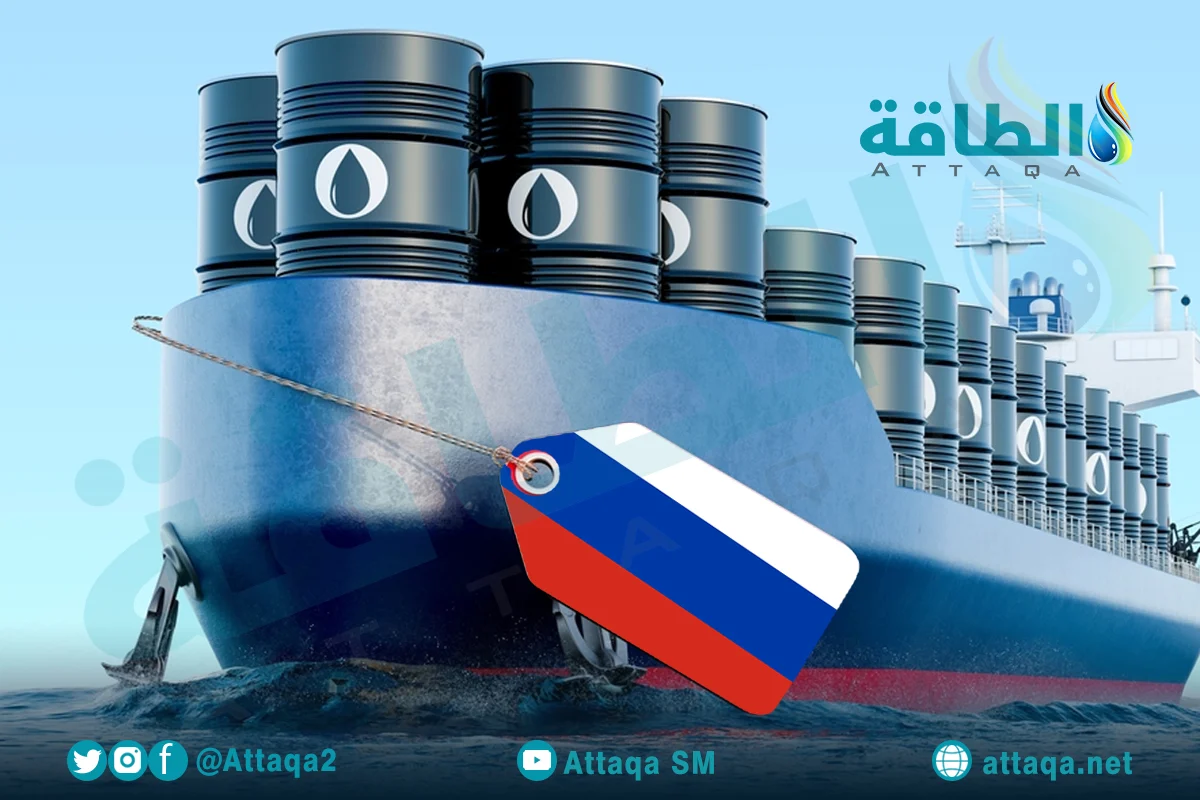Oil & Gas
GREECE TARGETS RUSSIAN OIL TANKERS FOR AN ADDITIONAL 4 MONTHS.
JUMA SULEIMAN

Russian oil tankers remain a central focus of European sanctions aimed at cutting off a major source of funding for Russia's war in Ukraine. The Greek government has extended its naval exercises for the sixth time, aiming to disrupt Russian oil shipments by preventing ship-to-ship transfers off the coast of Greece. Originally set to end on November 15, 2024, the exercises will now continue until mid-March 2025, with the intention of deterring oil transfers that could circumvent Western sanctions. The Hellenic Navy’s extended drills demonstrate Greece’s commitment to limiting Russian access to the global oil market and strengthening EU efforts to curb Moscow’s resources.
The Gulf of Lakonian in southern Greece, once a hotspot for ship-to-ship transfers of Russian oil, became the focal point of these naval exercises. In May 2024, Greece banned the entry of commercial vessels into the area as part of the exercises, which were designed to halt potentially dangerous oil cargo transfers identified by global shipping watchdogs. Despite these efforts, Russian oil tankers have found new routes, with shipments shifting to the Mediterranean, Red Sea, and West Africa. While Greek naval operations have dramatically reduced these activities, they have not entirely eliminated them, as some oil transfers continue, particularly within military zones.
Reports indicate that Russian oil tankers are still swapping cargoes in the southern waters of Greece. In one such instance, the supertanker Alma received a shipment of Russian crude from the smaller tanker Sagar Violet in September 2024, near the Gulf of Lakonian. Similarly, in July, the Snow Lotus transferred its cargo of Urals crude to another vessel, the Narcissus, which then unloaded in India. These ongoing transfers highlight the resilience of Russia's "shadow fleet," which uses older, unregulated tankers to bypass sanctions and continue oil exports, often to countries willing to purchase Russian oil despite international restrictions.
In response to the continued use of these tankers, the European Parliament has called for more targeted sanctions against Russia’s shadow fleet. These measures would focus on individual vessels, their owners, operators, and associated entities such as banks and insurance companies. The EU is also urged to enhance surveillance capabilities using drones and satellites, and to conduct more thorough inspections of vessels in EU waters. Additionally, the European Parliament has proposed a stronger price cap on Russian oil, demanding that the G-7 nations close loopholes that allow Russia to sell oil at market prices despite sanctions. The EU’s push aims to further tighten restrictions on Russia’s ability to profit from its oil exports while reducing environmental risks associated with these often unsafe tanker operations.
